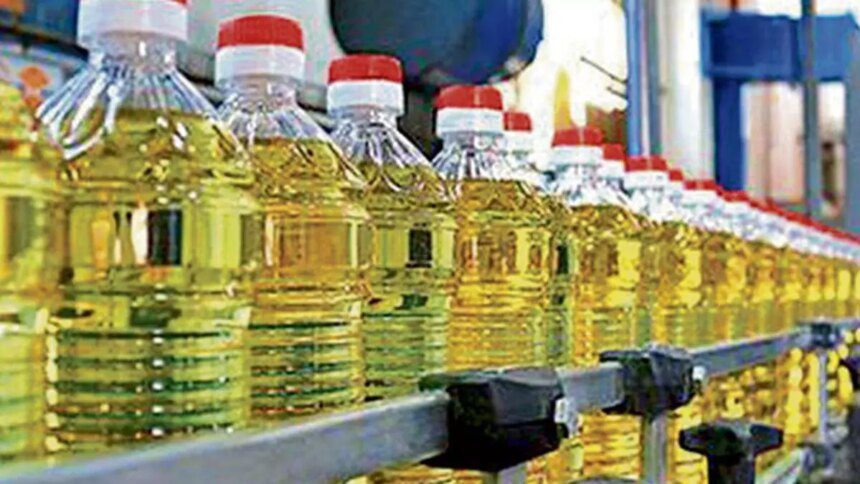In February, the total import of edible oils reached the lowest levels since May 2020, when the Covid-19 pandemic affected imports. According to data from the Solvent Extractors’ Association of India (SEA), India imported 8.85 lakh tonnes (lt) of edible oil in February 2025, a 7.64 percent decrease from the 9.58 lt imported in the same month of 2024.
BV Mehta, Executive Director of SEA, noted that this is the lowest monthly import since May 2020. In February 2025, palm oil imports dropped to a four-month low, with India importing a total of 3.73 lt of palm oil, a decrease of 24.94 percent from February 2024. This decline was attributed to a disparity in refining, which led Indian importers to shift towards soft oils.
Despite the decrease in palm oil imports, total soft oils imported increased to 5.12 lt in February 2025, a growth of 8.94 percent from the previous year. However, in the first four months of the oil year 2024-25, total edible oil imports increased to 46.69 lt from 46.06 lt in the same period of the previous oil year, representing a growth of 1.35 percent.
Mehta mentioned that the recent drop in imports was cushioned by high stock levels accumulated in India up to November 2024, which have now dropped below 2 million tonnes. This rapid depletion of stocks is expected to drive increased purchases, particularly of palm oil. Despite a slight strengthening of crude palm oil (CPO) prices relative to landed costs in the Indian market, weak price competitiveness globally may limit Indian palm oil imports in the near term.
Looking ahead, growth in oil consumption is expected to slow down in the oil year 2024-25, with the high price premium on palm oil reducing both imports and consumption in recent months. As a result, there has been a sharp increase in the combined consumption of soyabean oil and sunflower oil.
Mehta also highlighted the role of trade flows from Nepal in the current season, with Nepalese exports of refined soyabean oil to India increasing due to duty-free access. Additionally, exports of Vanaspati from Nepal and Sri Lanka to India have also seen a recent uptick.
In terms of imports, India imported 5.88 lt of refined oil (RBD palmolein) during the first four months of the oil year 2024-25, a decrease from 7.92 lt in the same period of the previous year. The ratio of refined oil imports decreased to 13 percent, while crude edible oils imports increased to 87 percent during this period.
Major suppliers of edible oils to India from November-February 2024-25 included Indonesia and Malaysia for palm oil, Argentina and Brazil for crude soyabean degummed oil, and Russia and Ukraine for crude sunflower oil.
Overall, the low levels of edible oil imports in February 2025 reflect a complex mix of market dynamics, including changing consumer preferences and global price competitiveness. As the year progresses, it will be important to monitor how these factors continue to impact India’s edible oil import landscape.










